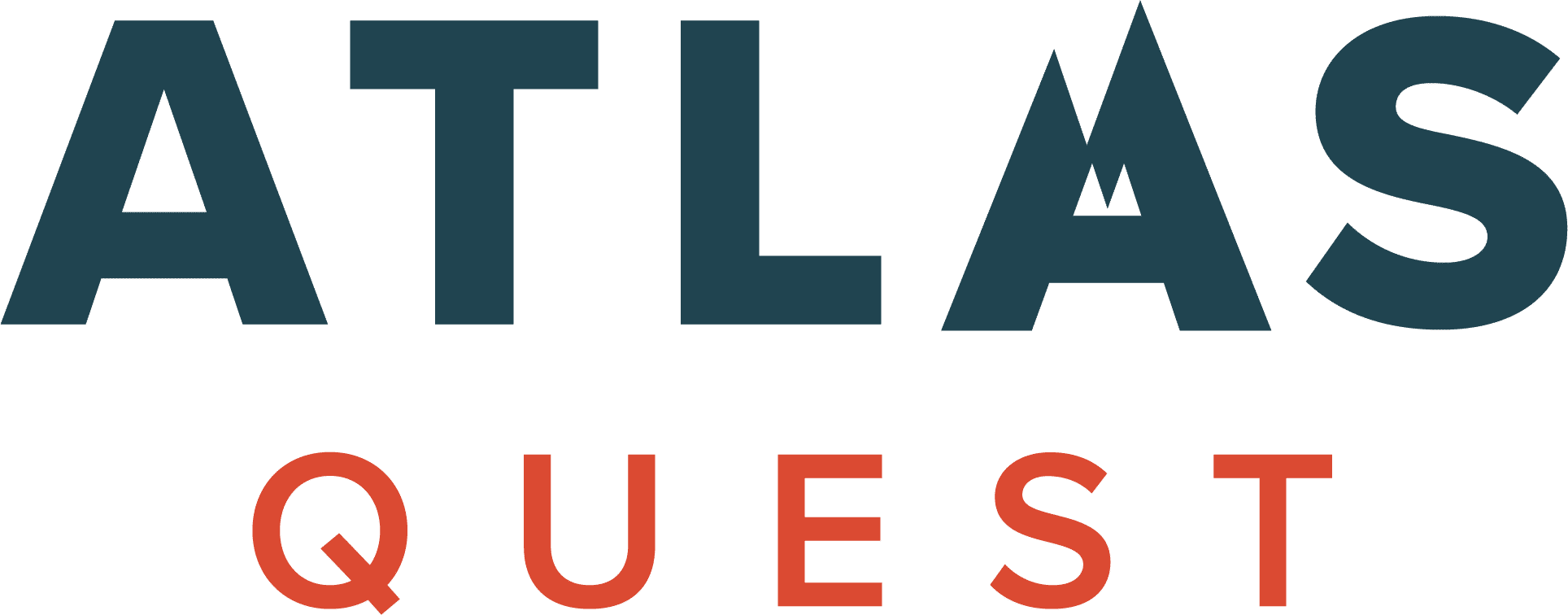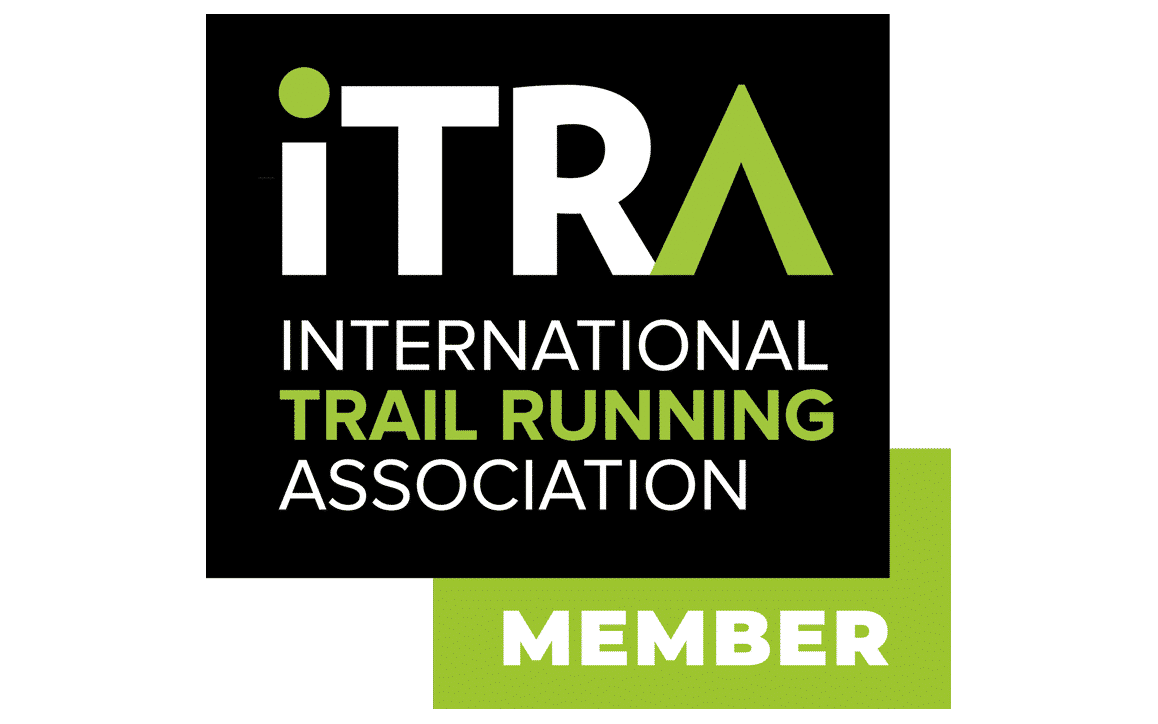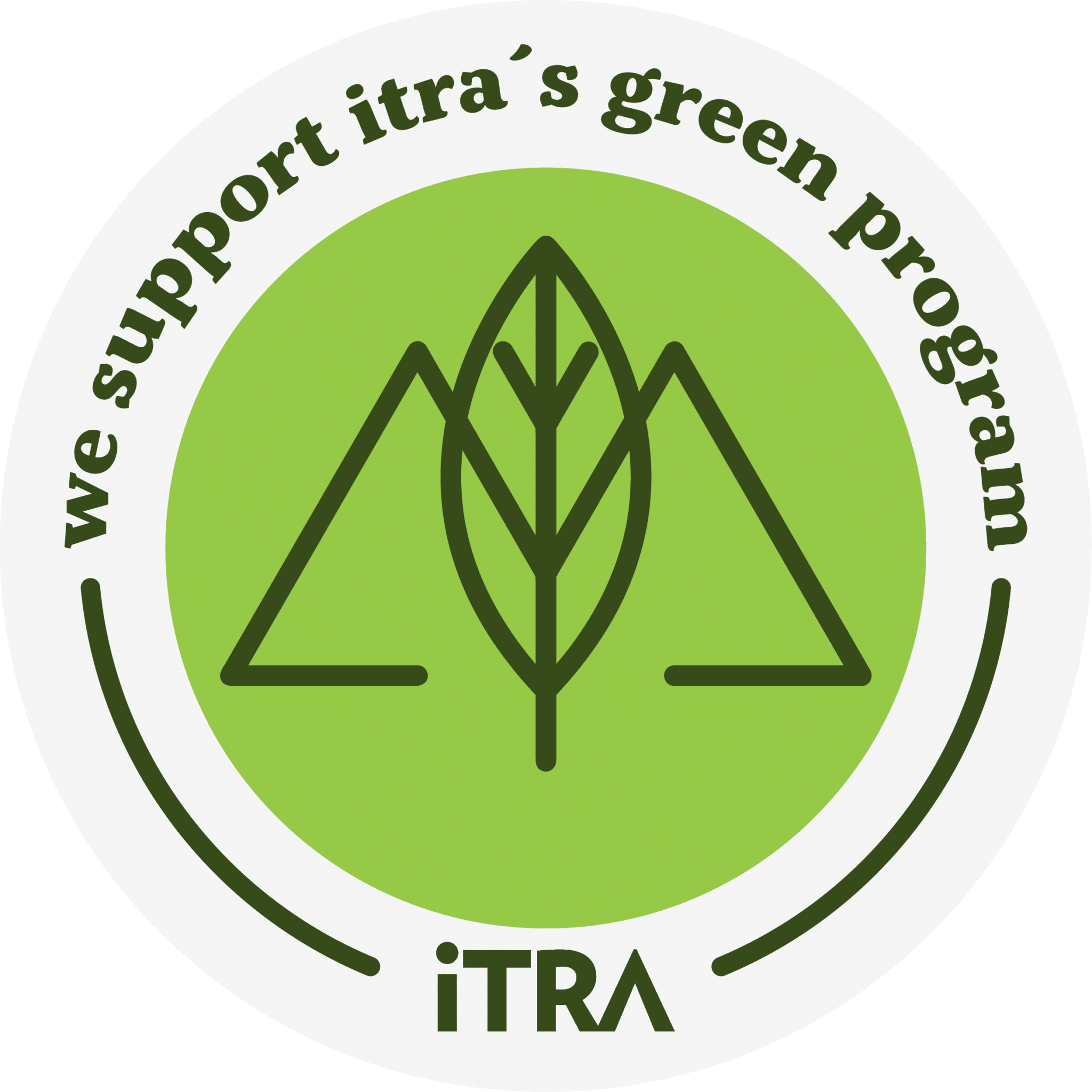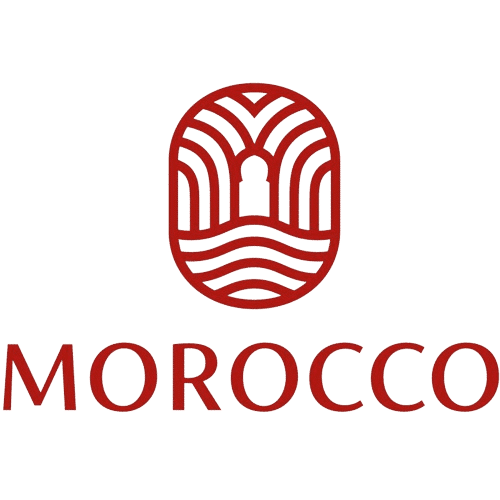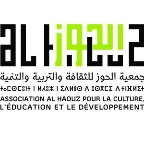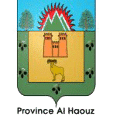FAQ
Frequently Asked Questions
Is Atlas Quest accessible to all runners ?
The answer is yes..and no, it all depends on which race you choose.
The UTAT 105 km is not a good choice for everybody, it is only open for those who have already finished an ultra-trail. Furthermore, the race takes place in a rough and not easily accessible mountain environment. Thus, the participants must be able to manage several hours of effort at high altitude without endangering themselves. The organization must ensure that all those taking part in this 105 km race is capable not only of going the distance, but also manage all parameters of the race (high altitude, isolation, semi self-sufficiency…).
However, the other races are more accessible. The Marathon de l’Atlas (42 kms) and the Virée d’Ikkiss (26 kms) do not require any specific previous experience. There is also the Amazigh Trail (12 kms), perfect for supporters and open to hikers as well.
If you take part in the Challenge de l’Atlas (42 kms one day, and 26 the following), you are welcome to enter the 105 km the year after.
Which course should I choose ?
Two parameters should be taken into consideration : the altitude and the technical terrain. With a start at an altitude of 2600 m and passages at over 3000 m (3700m for the UTAT 105), and a rough environment (rocks, screes, steep slopes, climate…), all of the races are more difficult than their European counterparts equal in distance and positive elevation. Please bear this in mind when you choose your race. As an example, a racer who in Europe will need 2h30 for a distance of 26 kms with 1400 m of positive elevation, is likely to need 3h15 for a similar trail in the High Atlas.
Here are our recommendations :
The UTAT 105 is for experienced trail runners, used to long and technical races and capable of managing their efforts in semi-autonomy.
The Marathon de l’Atlas is for good runners, well trained and used to the European trail marathons.
The Virée d’Ikkiss is open to less experienced trail runners, however you need to be in good shape – the itinerary remains challenging.
The Amazigh Trail is open to all trail runners and is open to hikers as well.
The Challenge de l’Atlas is a good challenge for those who wish to learn more about long distance running and prepare for an ultra-trail.
What is different with the Atlas Quest compared to other trails ?
The Atlas Quest is different to other trail races for several reasons :
The altitude (a start at 2600 m and several passages above 3000 or 3500m) and the technical terrain.
You will experience an environment difficult to access, an impression of isolation can be strong at times.
The race not only offers a sport challenge, but also an exceptional human experience thanks to the difficulty of the itineraries, the Berber villages – out of time – you pass by and the days spent at the base camp making new friends and enjoying the local culture.
You will discover a different continent, a new environment, another culture : the ATLAS QUEST is an experience like no other!
What are the characteristics of the terrain ?
The High Atlas is a stony and dry mountain range where running requires a strong technical level. The itineraries not only use less technical tracks, but also demanding single tracks. In addition to a technical terrain, you should take into account the climate conditions: because it takes place at high altitude ATLAS QUEST you will often experience huge magnitudes in temperature (around 0°C during the night and sometimes some 30°C in the sun), and climate (cold winds, rain, snow at the cols…).
Please have a thorough look at the compulsory gear list : it may seem long or exaggerated, but it is necessary to carry at a minimum this equipment to be able to manage a possible emergency situation.
What kind of do I need for which race ?
To register to the UTAT 105 a special medical certificate is requested. Why ? Due to the specifics of the race : high altitude, semi self-sufficiency.
Though the security conditions are taken care of by the organization, you must be able to endure physically the difficulties of the races without putting yourself in danger.
Is it possible to register to the Atlas Quest without the logistics and the all inclusive package ?
No.
For logistical and environmental questions, there is only one offer.
However, for Moroccan residents only, who can certify to their residency (see Regulations), an option with less logistics is available for the Marathon de l’Atlas and the Virée d’Ikkiss. Regarding the Virée d’Ikkiss and the Amazigh Trail Moroccan residents can pay a race registration only.
Moreover, the Atlas Quest is not just a race, it’s also human adventure over several days , therefore offering an option including only the race registration is in contradiction with the aspirations of the organizers.
What is the Atlas Quest base camp like ?
Specially for the event we organize a tent village on the Oukaïmeden plateau.
Here’s what you will find:
Two big tops used for meals, briefings and entertainment.
Several tents are set up to host : timing, bib distribution, speakers as well as a Atlas Quest shop and other shops and exhibitors.
A series of tents for the participants.
In addition, there is sanitary equipment in buildings close the participants tents, the CAF (Club Alpin Français) building where you will find dormitories and a bar, as well as a house for the physios and the podiatrist along with a media room.
How is the accomodation organized ?
Accommodation is either in a tent (a 4-person tent) in our bivouac of some 100 tents in an area with surveillance, or at the Club Alpin Français chalet that offers spots in dormitories (from 4 up to 17 persons).
The organization distribute spots according to requests (you can make your request via the registration form) and try to make things comfortable for all (eg. tents reserved for women).
Will I find the same safety measures at the Atlas Quest as at European events ?
The event is managed by a French outdoor lover together with a French team, the race meets the same security standards as their European counterparts. You will find medical staff, with all necessary equipment, along the race itineraries. A specific radio network is set up for the race to enable the organizers to have a clear vision of what is happening on the different courses via the PC (checkpoints) at any given time.
Given the present international context the issue of security is particularly sensitive. Amongst the Muslim countries, like the Maghreb countries, Morocco remains an exception. The country has always advocated a tolerant Islam and fought all forms of extremism. Its organization, based on a close network of government referents reaching deep into the most remote regions of the Atlas range, enables the authorities to now almost instantly who is where at any given time.
As an example, in each village in the High Atlas a person is in charge to monitor a territory and report back daily to the concerned authority. The Berber community is openminded and wish to maintain peace in their territory and are the prime guarantors of tranquility in their mountains.
The Atlas Quest, being the major event in the Moroccan mountains, is supported and assisted by local and national authorities. At the event and along all race itineraries you will see government security forces.
Useful link :
- French Ministry of Foreign Affairs : http://www.diplomatie.gouv.fr/fr/conseils-aux-voyageurs/conseils-par-pays/
NB The Ministry of Foreign Affairs of your home country should have similar information .
How do I get to Marrakech from Europe ?
Marrakech is certainly one of North Africa’s best served destinations. A number of low-cost companies (EaysyJet, Ryanair, JetAirfly…) fly to Marrakech, as well as several regular airlines (Royal Air Maroc, Air France, Swiss…) departing from many European cities.
To book your ticket and compare offers, please check directly with the airline’s website, you can also use the following link to check our indications to find the best offer.
How do I find the organization at the airport in Marrakech ?
Upon your arrival at the airport a team, identified as the Atlas Quest team, is there to welcome you.
How are the transfers organized ?
Turn
When you register online you can choose the day and the time for your transport to the race. The shuttle will be waiting for you in the airport parking lot, a Atlas Quest team will welcome (according to the indications given by yourself in the registration file) and will accompany to the shuttle. The transfer time between the airport and Oukaïmeden is approximately 1h30.
Return
When you register online, please choose your return shuttle.
The shuttle will take you back directly to the airport in Marrakech, and after that stop in the city center for those of you who stay in Morocco.
What do you eat at Atlas Quest ?
The following meals part of your package:
Dinner Thursday, Friday and Saturday : pasta, rice, potatoes, semolina, vegetable soup and chicken/turkey.
Breakfast Friday, Saturday and Sunday : fresh fruit, dried fruits, cereals, yoghurt, bread, jam, tea, coffee and milk.
The Sunday Closing Dinner : a « cous-cous party » with briouat puff pastry, harira soup, cous cous, Moroccan cookies and tea.
Breakfast Monday morning : in addition to previous mornings there will be Moroccan pancakes.
How do I cater for meals not included in the Atlas Quest package ?
Several solutions are possible in Oukaïmeden :
Tajines from street vendors (around 8 € for 2 persons)
The restaurant « Chez Juju » serves a special UTAT menu adapted to physical activity as well as the regular menu, a mix of European and Moroccan food (cost between 12 and 20€/person).
The restaurant « Aït Bougmez » at the UTAT base camp. Here you can have pasta, sandwiches, salads, omelets and grilled food (between 4 and 10*/person).
Can you drink the local water ?
The organization will supply you with mineral water in sufficient quantity during your stay. Upon arrival you will receive a pack of mineral water. To get a new bottle you bring back the empty one.
